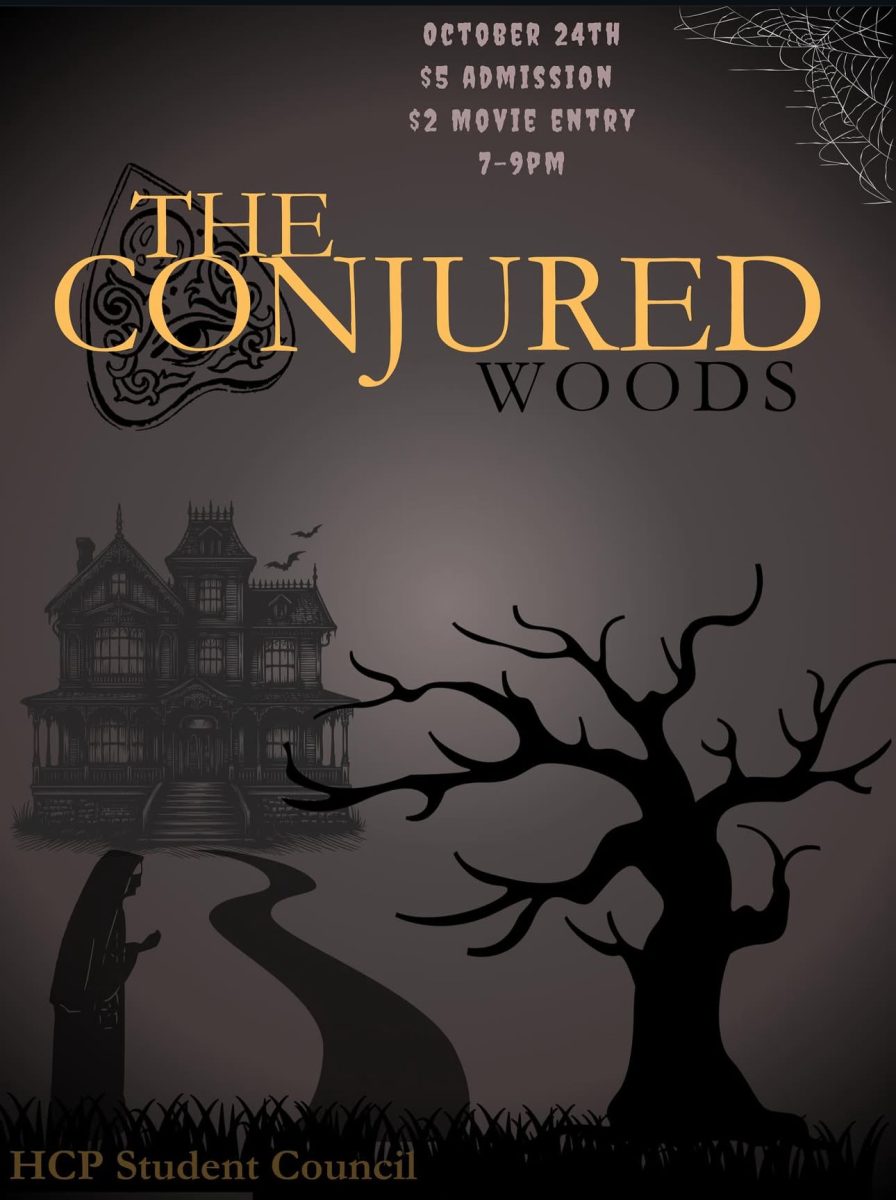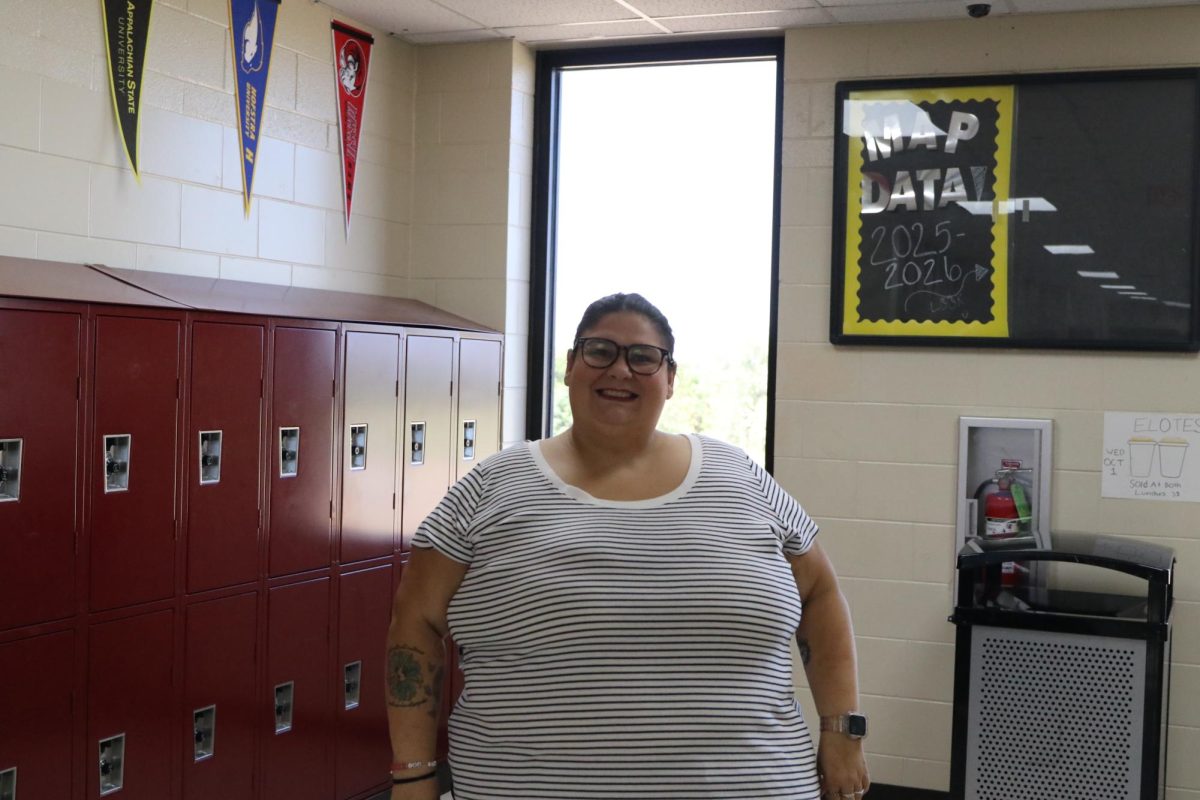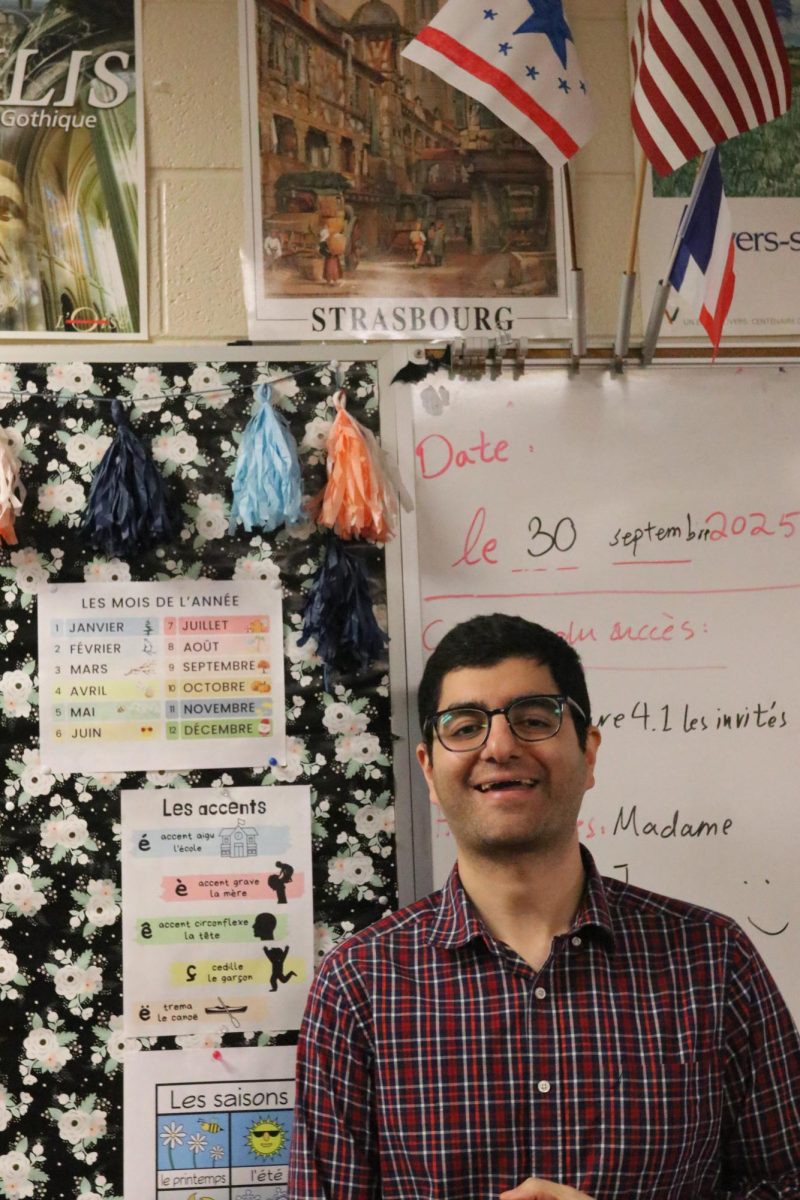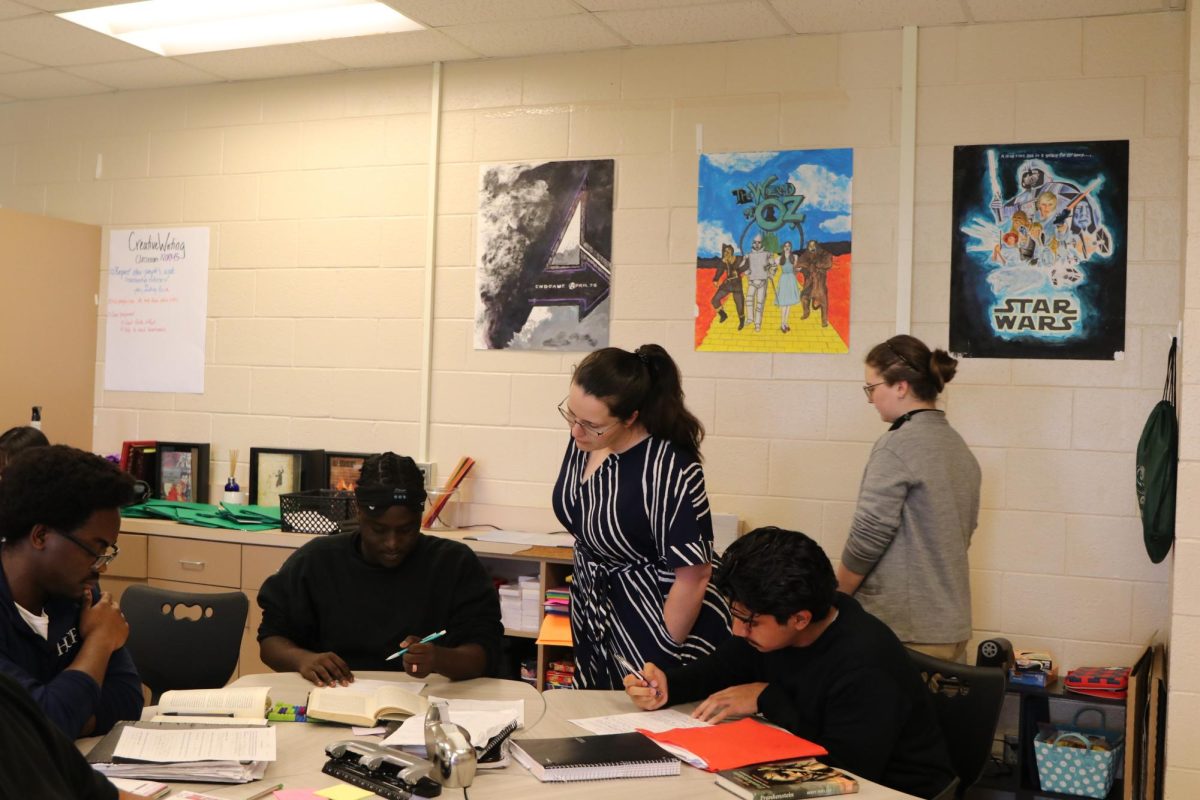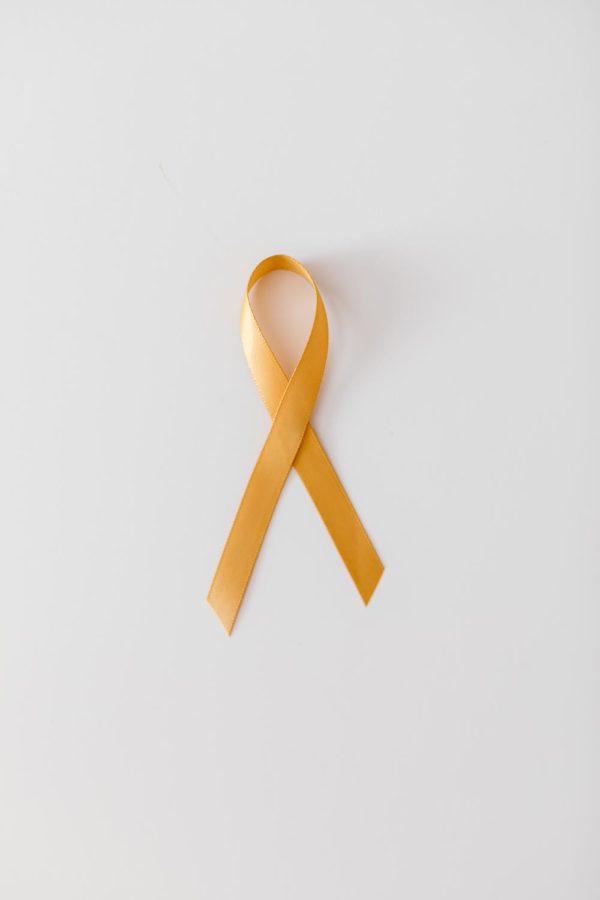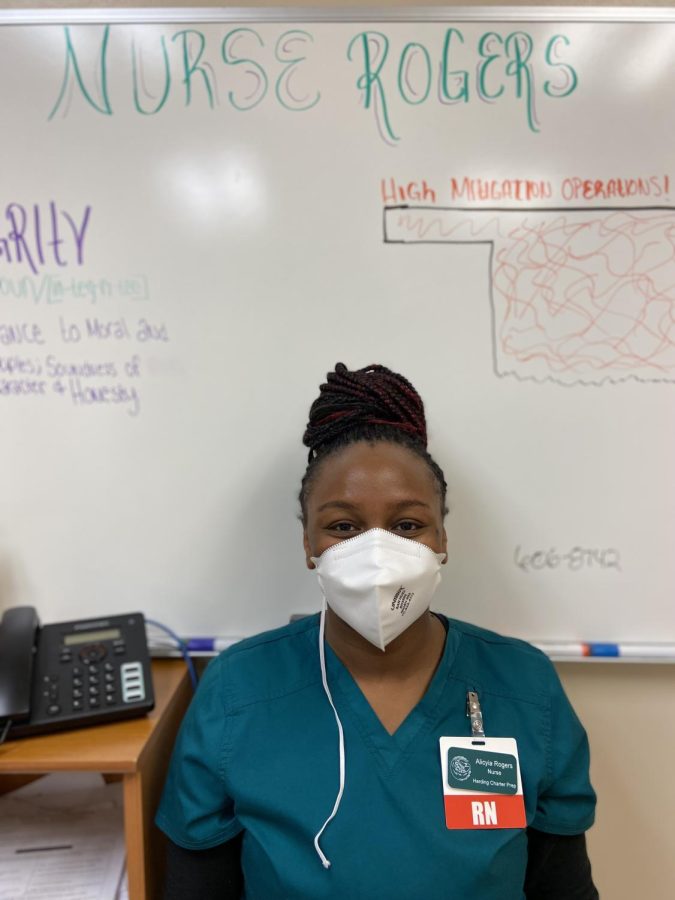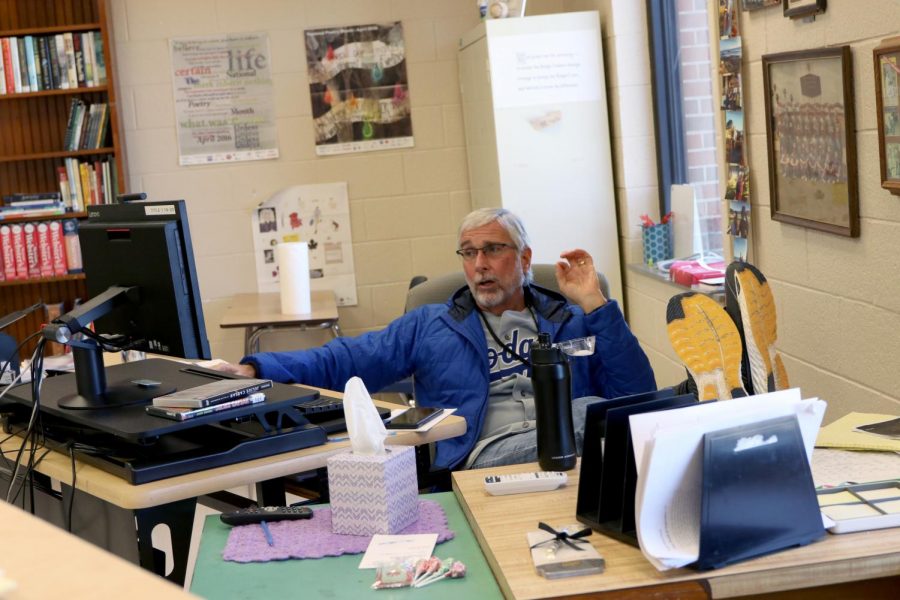As COVID-19 swept through the nation, so did the rise in teen suicide rates in certain states; including Oklahoma, reported Charlie Health., and overall, a jump of 35% since 1999.
As years have progressed teen suicide has drastically risen. Suicide is reported as the main cause of death in teens ages 13-14 by FAU Teen Suicide Study There are many reasons that could be the cause of this from the underdevelopment of the prefrontal cortex to the home life of the teen.
Charlie Health states that the science behind teens impulsivity in committing suicide is due to the “underdeveloped prefrontal cortex” which does not fully develop until your mid- 20s. Giving teens a sheer curtain to see a solution to a short-term problem, “They also might not fully understand that suicide is a permanent response, not a solution, to a short-term problem,” Mayo Clinic reported.
Mayo clinic stated that teens mostly feel an overwhelming stress of being a teen and find it hard to cope with, “They might have a very hard time dealing with rejection, failure, breakups, school troubles or family problems.”
There can be other contributing factors such as the influence of social media on growing and developing teenagers. Although there is no direct evidence social media is known to decrease the amount of sleep, increase the likely hood of cyberbullying, and provide more availability to suicide-related content, reported Psychology Today.
Freshmen and sophomore counselor and former therapist Carlissa Baker said it’s more than just brain science and the pandemic, but about the home life and what students grow up in.
“If they feel like they are comfortable communicating about the uncomfortable with their parents, they will have someone to confide in at hard times,” Baker said.
Baker also said that the communication barrier created between parents affects teens throughout their entire lives, with all the adults they interact with.
What to do when you or someone you know is suffering with suicidal thoughts:
Speak up
The truth is if no one knows, nobody can help you. If you know someone who is suffering from these thoughts take it seriously and help them find someone who can help them.
AT HCP you can submit an anonymous statement through HICD Cares and tell the counselors someone is suffering so they can keep an eye on them and check in.
If you are suffering, you can talk to a counselor, an adult, a parent, or anyone with whom you feel safe. You can also call 988 and talk to a professional. You are not in this alone, and the pain does not have to last forever.
Try to avoid being alone
Although being alone might seem like the right choice, being surrounded by others can help tremendously.
Create a safe environment
Store away medications, sharp objects, and weapons around those who are suicidal.
Give an open and inviting environment for teens to speak about their struggles without the fear of being punished.
Get help
“Healing is painful, but that is because you are healing hurt,” said Baker, “But guess what? You are healing.”
Find something that helps you. This can be who you surround yourself with, talking to someone, creating a routine, talking to a medical professional, or even journaling.
Find the positive
Everyday there is something that went right. Something to be grateful for. Find those little things and cherish them, find appreciation for them and life at the same time.
Become aware and educated
Learn the signs for suicide and other mental disorders. How to prevent these things and how to help yourself and others, and how to recover after an attempt.
We as a community can grow and learn about suicide to help prevent the loss of loved ones, and everyone who surrounds us. Post signs for helplines. Talk to counselors. Ask for help when you need it. Always remember you are never alone.
Call 988 for immediate suicide help.
Call 911 for emergencies.





